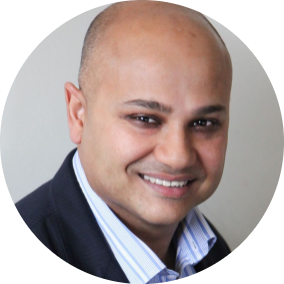Time Management Skills vs Energy Management Skills
Fredrick Winslow Taylor became known for his time and motion studies. He used it as a tool to measure (and improve) a business’ efficiency.
Back when he adopted this approach which later came to be known as ‘scientific management’, it made sense. He was measuring worker performance on a factory floor. Every extra step a worker took in a process which was repeated hundreds of thousands of times eventually added up and affected the bottom line. The idea was to observe a work cycle or a task using a stopwatch and video camera to record the time taken to accomplish a task with a view to minimizing the time spent on that particular work cycle.
While Taylor’s scientific management approach makes logical sense, it strikes me as very clinical and impersonal — even for the industrial age which is when it was adopted widely.
On the other hand, the humanistic approach to management (and time management) focused on the worker’s well being and looked at providing a conducive work environment to encourage workers to perform rather than measure their performance.
If I had to pick one of the two approaches I’d be biased towards the latter.
More importantly, time management isn’t relevant to most of us as knowledge workers today. Most of us don’t work on factory floors.
The concept of managing time also seems to be nonsensical given the fact that we all have 24 hours each day.
Makes a lot more sense to manage priorities and information. More specifically, it makes sense to limit the amount of information that devours our attention by controlling our environment (read: smartphones) so that we can conserve our mental energy and focus on the tasks that truly move the needle in terms of our top priorities.
Perhaps a more accurate term would be “priority management”.

